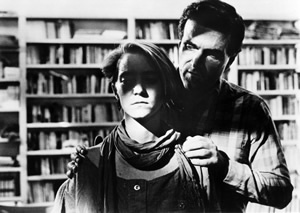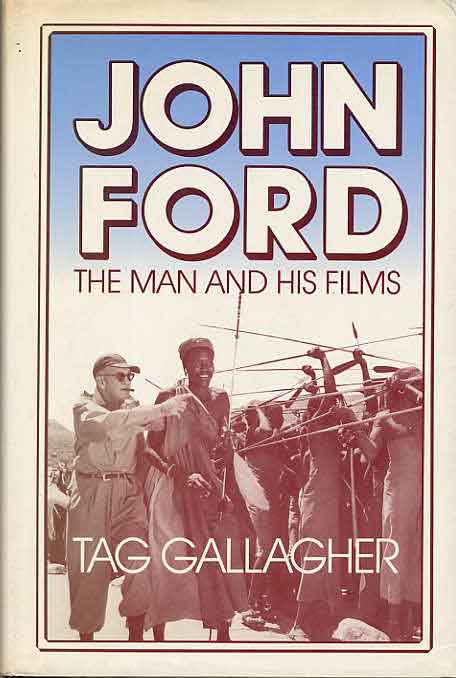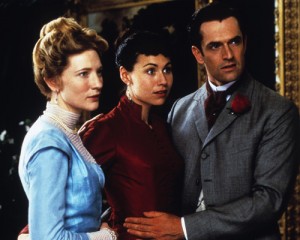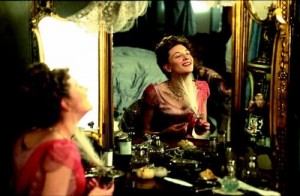From the Santa Barbara News & Review, October 24, 1985.–- J.R.

The Man Who Envied Women, introduced by filmmaker Yvonne Rainer, will be shown at 8 pm Monday, Oct. 28, Isla Vista Theatre II, Embarcadero Del Norte. Free admission.

It doesn’t really do justice to Yvonne Rainer’s exhilarating The Man Who Envied Women to call it avant- garde — or even the best feature to date by New York’s most celebrated avant-garde filmmaker. To do that is to consign it to a gilt-eged ghetto presided over by experts. The fact that Santa Barbara is fortunate enough to be getting this movie in advance of both New York and Los Angeles — and with Rainer herself in attendance -– shouldn’tmean that we need any big-city explicators to crack the surface of her intellectual vaudeville. Admittedly, there’s enough theoretical discourse on display to choke a horse, and two actors rather than one (a favorite Rainer ploy) portraying the title character — a complacent, womanizing academic named Jack Deller whose second wife, a nameless voice, leaves him in the opening moments of the film. But the delightful thing about Rainer’s word and image salad is that its deliberate overload virtually guarantees that if we miss a particular gag or argument, we’ll find its near-equivalent lying in wait for us a few minutes later. Read more
From Sight and Sound (Spring 1987). –- J.R.

JOHN FORD: The Man and His Films
by Tag Gallagher
University of California Press/$35
‘I shall almost always be wrong, when I conceive of a man’s character as being all of one piece.’ Appearing at the outset of Tag Gallagher’s massive critical biography of Ford, this quotation from Stendhal serves both as apologia and as fair warning to readers hoping to find a unified portrait of its subject. Written over the past two decades, Gallagher’s exasperating yet invaluable compendium of diverse thoughts and data may lack the coherence of previous Ford studies by Anderson, McBride/Wilmington, Place and Sinclair (among others). Yet in its outsized efforts to do justice to the contradictions and complexities of the man and his work, it still offers a range of information and insight that dwarfs all competitors.
For one thing, Gallagher certainly goes beyond his predecessors in contriving to grapple with all the surviving films, most of which he arranges in four periods: The Age of Introspection (1927 35), Age of Idealism (1935-47), Age of Myth (1948-61) and Age of Mortality (1962-65). Believing Ford’s best films (Pilgrimage, Judge Priest, Stagecoach, Young Mr Lincoln, How Green Was My Valley, Wagon Master, The Quiet Man, The Sun Shines Bright, Mogambo, The Man Who Shot Liberty Valance, The Civil War, Donovan’s Reef and 7 Women) to lie in all four periods, Gallagher is able to tease out a surprising number of threads that recur throughout the oeuvre. Read more
From the Chicago Reader (June 25, 1999). — J.R.

An Ideal Husband
Rating *** A must see
Directed by Oliver Parker
Written by Oscar Wilde and Parker
With Cate Blanchett, Minnie Driver, Rupert Everett, Julianne Moore, Jeremy Northam, John Wood, Lindsay Duncan, Peter Vaughan, and Jeroen Krabbe.

Reviewing a collection of Oscar Wilde’s critical writings almost 30 years ago, Cyril Connolly made a useful distinction between “Wilde” and “Oscar,” the two sides of the same man. “Wilde is Wilde in these essays and seldom ‘Oscar,'” Connolly noted with justifiable admiration. “The change is beneficial. In some cases he is both: thus The Soul of Man Under Socialism in places seems almost inspired; it is a breath of fresh air in which the idealistic aspects of Socialism (or Christian Democracy) have seldom been so well expressed — in his denunciation of private property for example.
“Then ‘Oscar’ intervenes. ‘There is only one class in the community that thinks more about money than the rich, and that is the poor. The poor can think of nothing else.‘”
Connolly goes on to explain, “When I think of ‘Oscar,’ it is against a background of servants, of butlers announcing him and footmen with salvers, of a hansom cab hired by the day, the driver nodding under his tarpaulin while Wilde and Bosie display far into the night.” Read more





